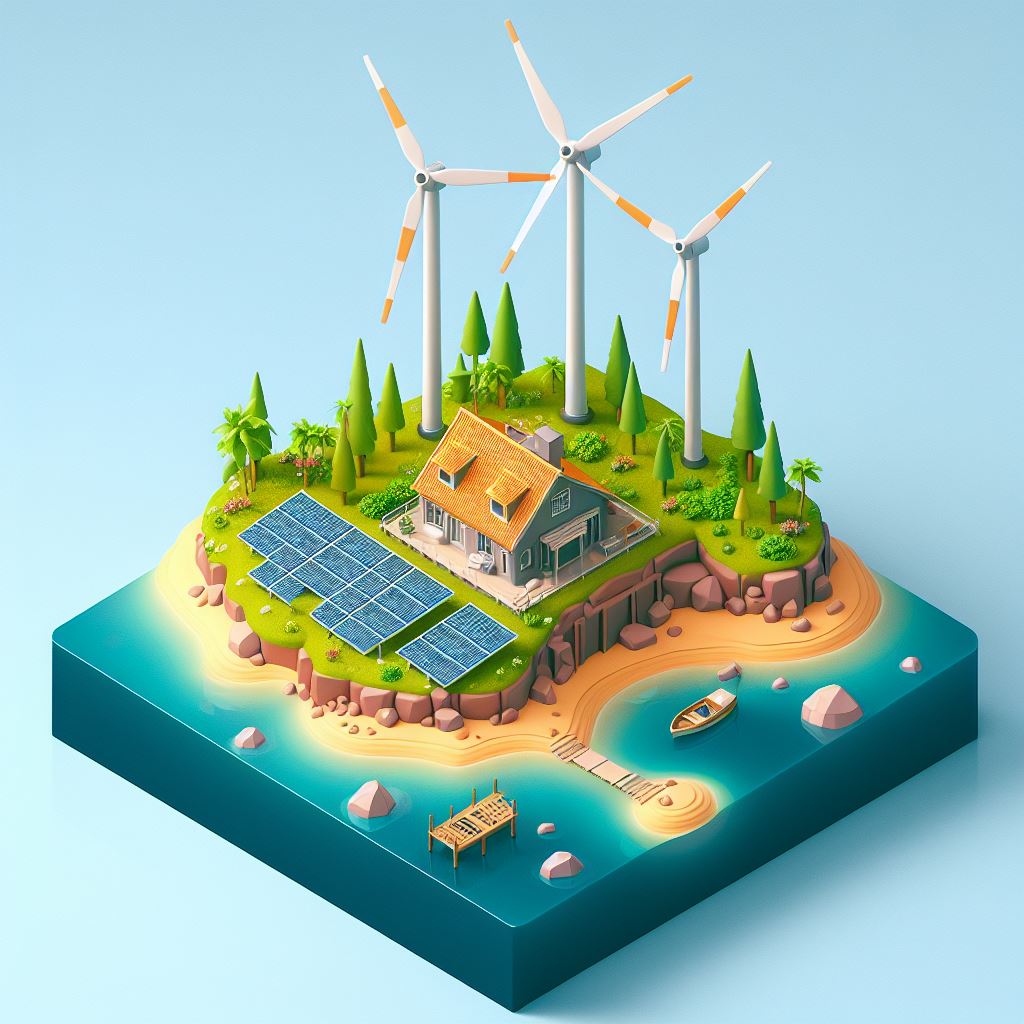About the project
Cost-Effective Renewable Energy Harvesting in Croatian Islands (CRECI)
Our initiative aims to develop a comprehensive framework outlining optimal energy harvesting solutions for Croatian islands. Beginning with an analysis of the current state of renewable energy on islands, the goal is to identify islands with successful practices and prioritize those with high demand and potential. Through detailed assessments of terrain and meteorological conditions, including wind, solar, and tide potential, various renewable technologies, their energy output, installation and maintenance costs will be assessed. Environmental impact is an important aspect of the process. By providing clear guidelines, we aim to inspire both local governments and individuals to embrace renewable energy, fostering self-sustainability, and a low-carbon transition.
Cost-Benefit Analysis and Economic Viability Assessment
A comprehensive cost-benefit analysis to evaluate the economic viability of implementing renewable energy solutions on Croatian islands. Assessment of the upfront costs, operational expenses, and potential long-term savings associated with each technology option.
Technological Feasibility Study and Solution Identification
A thorough analysis to assess the applicability of various renewable energy technologies for Croatian islands. The most suitable energy harvesting solutions based on technical considerations, such as resource availability, scalability, and compatibility with island infrastructure are investigated.
Environmental Impact Evaluation and Sustainability Assessment
An environmental impact assessment to evaluate the potential ecological consequences of implementing renewable energy projects on Croatian islands. This includes the assessment of the sustainability of each energy harvesting solution, as well as factors such as carbon footprint, resource depletion, and ecosystem resilience.
Community Engagement and Stakeholder Participation Strategy
A comprehensive community engagement strategy is considered to involve residents, businesses, and stakeholders in the renewable energy transition process. Stakeholders' participation is incentivised through outreach activities, public consultations, and collaborative decision-making processes.

Project: Cost effective Renewable Energy harvesting in Croatian Islands (CRECI)
Funding: Research is funded as part of the bilateral initiative Cost effective Renewable Energy harvesting in Croatian Islands financed by the EEA and Norway Grants in Croatia through The Ministry of Regional Development and EU Funds of the Republic of Croatia for the purpose of strengthening bilateral cooperation with Norway in the Green Transition.
Grant number: 04-UBS-U-0040/23-08
Project duration: 2023. – 2024.
Project partners:
Faculty of Engineering, University of Rijeka, Croatia,
Norwegian Research Centre NORCE, Grimstad, Norway

